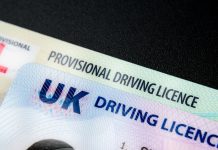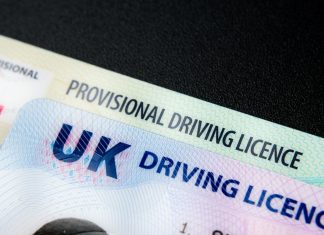
Last Updated on 27th July 2022
Debt is a problem that many people deal with in the UK. In the first place, we all feel the influence of mounting national debt through government taxation.
Yet people mostly experience debt on a personal level. According to data released by the money charity, UK consumers owed £1,765.6 billion at the end of 2021.
Regardless of why you have debts or how much you owe, you don’t want to keep them around for long. In this short article, we’ll look at why you should pay them off and some strategies you can use to clear them most effectively.
Why pay off debt?
Being in debt can make life significantly challenging for you. If you don’t give them the respect they deserve, they’ll build up over time until they become unmanageable. This is due to the power of compound interest, which we’ll explain in the example below.
Let’s say you take out a loan worth £5000 with a 10% interest rate. After one month, the interest accrues:
10% x £5000 = £500
Unless you pay it off, this adds to the value of your loan. It now stands at £5500. After the second month passes by, the interest rate is applied again – but this time, with a slightly different outcome:
10% x £5500 = £550
This builds your outstanding loan value to £6050. You can see that your loan is growing at a faster rate as time goes on. By the time just eight short months have passed, your debt would be worth more than double its original value.
This doesn’t mean that you should never take out a loan. Rather, it just means that you should look for a lower interest loan and be proactive with making repayments.

Debt clearing strategies
Trying to pay off your debts here and there can be tempting. But, far too often, this approach isn’t enough to make any headway in clearing them off. Instead, it’s important that you choose a strategy and stick with it long-term.
So, what are some of the best debt-clearing strategies out there?
- Proper budgeting: The first step of any strategy is to control your spending. Depending on the size of your debts, you’ll need to save as much as you can to contribute towards interest payments and paying off balances.
- Snowball method: This method has you tackle your debts one by one, clearing them off from smallest to largest. It focuses on helping you achieve small and easy wins to keep you motivated on your debt-clearing journey. Over time, your momentum builds up until you’re debt free.
- Avalanche method: This method has you pay debts from highest to lowest interest rates. It prioritises the debts that are the biggest problem for you financially. Higher interest rates mean that they will increase in value the quickest if you don’t pay them off.
Regardless of the exact debt clearing method you choose, you should always make the minimum payments for all your debts to prevent them from piling up.
Are you struggling to clear off debt? What steps are you taking to be proactive? Share your thoughts and experiences with us in the comments section.




































